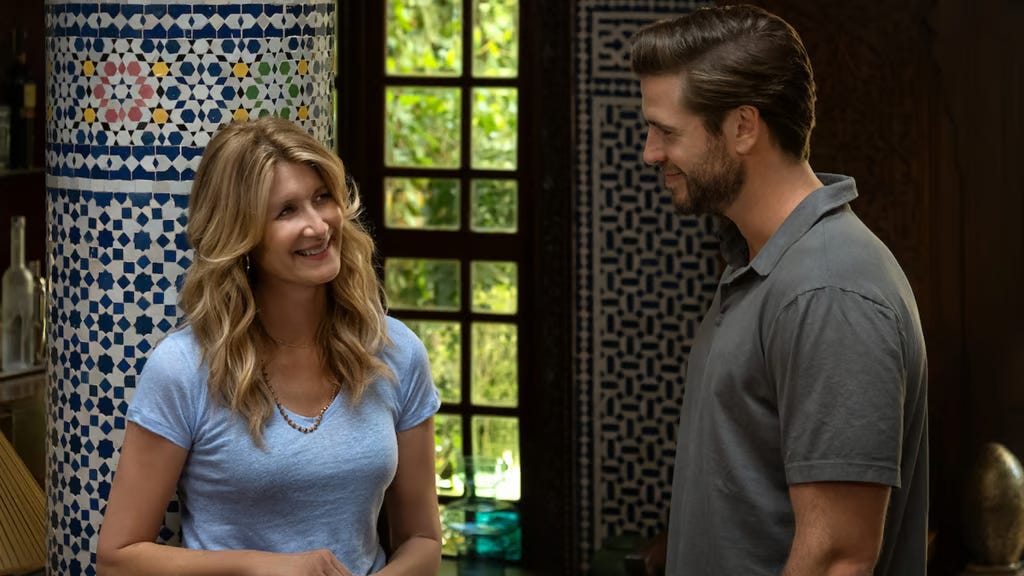Lonely Planet Movie Review: A simplistic take on complex characters
This is, by all means, a Minimum Effort Movie which isn’t interested in delving deep into the issues it gives its characters.
Susannah Grant’s Lonely Planet is the latest addition to Hollywood’s recent obsession with the ‘older, successful woman falls in love with younger, washboard abs man’ trope. The film opens with a plane landing in Morocco and the viewer landing in predictable rom-com territory. There is some unnecessary amount of detailing, especially when the film plays escapist in situations that require detailing. We get scenes describing the hospitality of the resort that our lead pair finds themselves in. People get mesmerised by the views. I kept going back to the homepage to see if, by mistake, I clicked on an ad for Morocco tourism.
The setup is standard rom-com. Exotic location, good-looking people with baggage, a potential threat, lots of drinking—you get it. This is, by all means, a Minimum Effort Movie (MEM), which isn’t interested in delving deep. Laura Dern plays Katherine Loewe, a successful author who has personal turbulence. Her character notes seem to be: Look like JK Rowling, and be perpetually annoyed. She meets Owen Brophy (Liam Hemsworth), a private equity employee. His character notes seem to be: Look like Liam Hemsworth and speak a lot of corporate jargon. In the first ten minutes, we guess the entire story. Like any self-respecting MEM, the film moves swiftly from one situation to another, as if in a hurry to be done with. There is ample space for character exploration; there are many scenes that, had they been written better, are relationship drama gold. But they are just touched upon. For instance, when Owen feels out of place because others are talking about something unfamiliar, we aren’t shown what they talk about. That gets muted, because that would make this a Somewhat Effort Movie. But because of this, it becomes difficult to understand how Owen exactly feels, which will go on to impact his later decisions.
In a film happy to be surface-level, we wouldn’t ask these questions. But Lonely Planet keeps giving its characters many dimensions, only to move to the next plot point. Why does Katherine, who hates to be around people so much, give in to Owen? There’s a line that goes something like “I like you and feel good with you,” but is it enough to just ‘like’ someone you’ve just met for you to give up on your current life? Why are the various flaws and hypocrisy in these characters barely explored? Why not spend, say, thirty minutes more (the film runs for 96 minutes) and give them scenes showing how they got from point A to B instead of just showing them at points A and B? Once again, we wouldn’t ask these questions in a film that just wants to give us a good evening’s time. But Lonely Planet seems so low key, so utterly real with its characters, that it ends up being neither fantastical nor realistic. It lingers somewhere in the “pleasantly watchable, makes you want to travel and meet new people” zone. That might not be great for the viewer, but hey, it is great for Morocco tourism.


